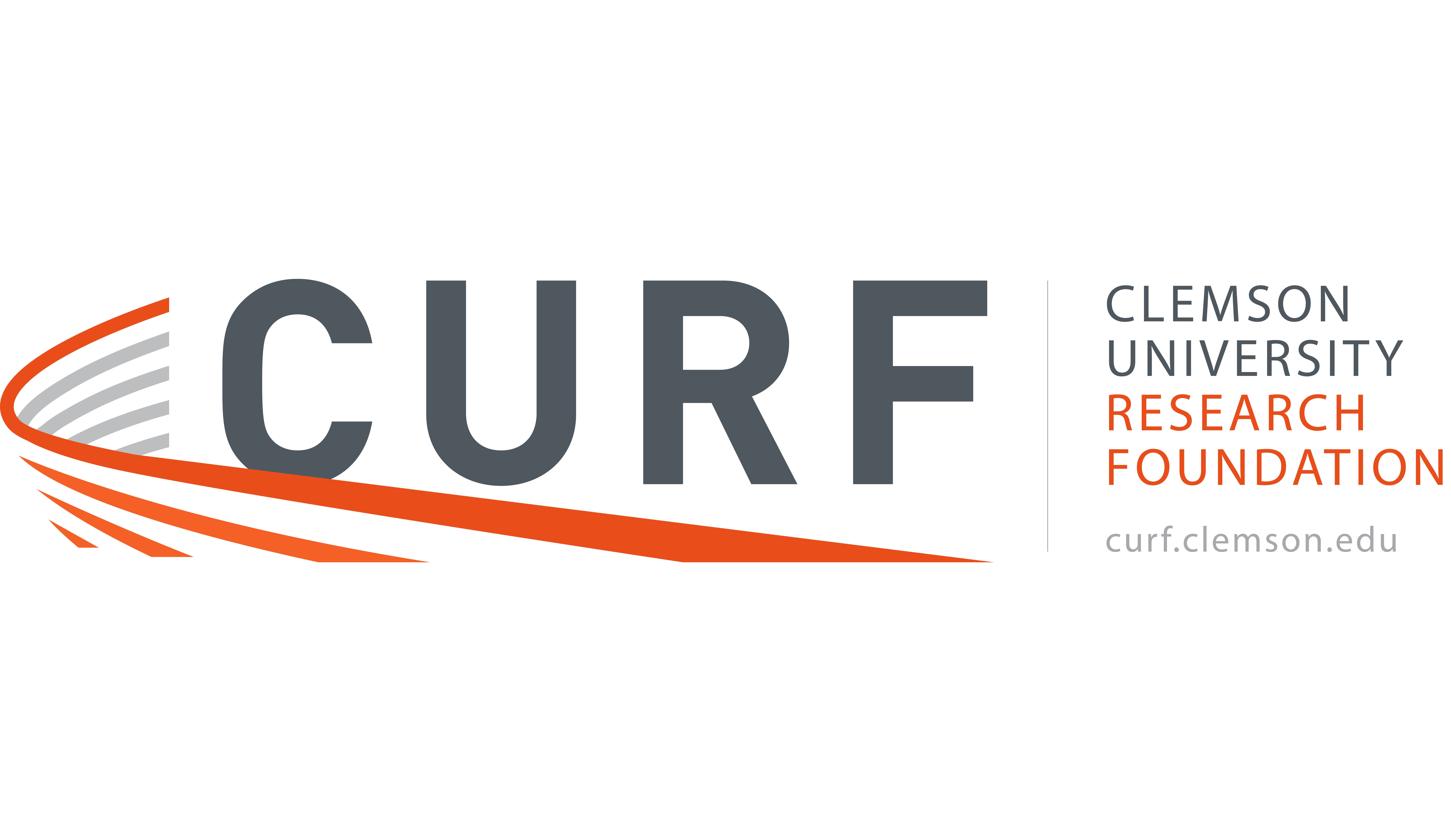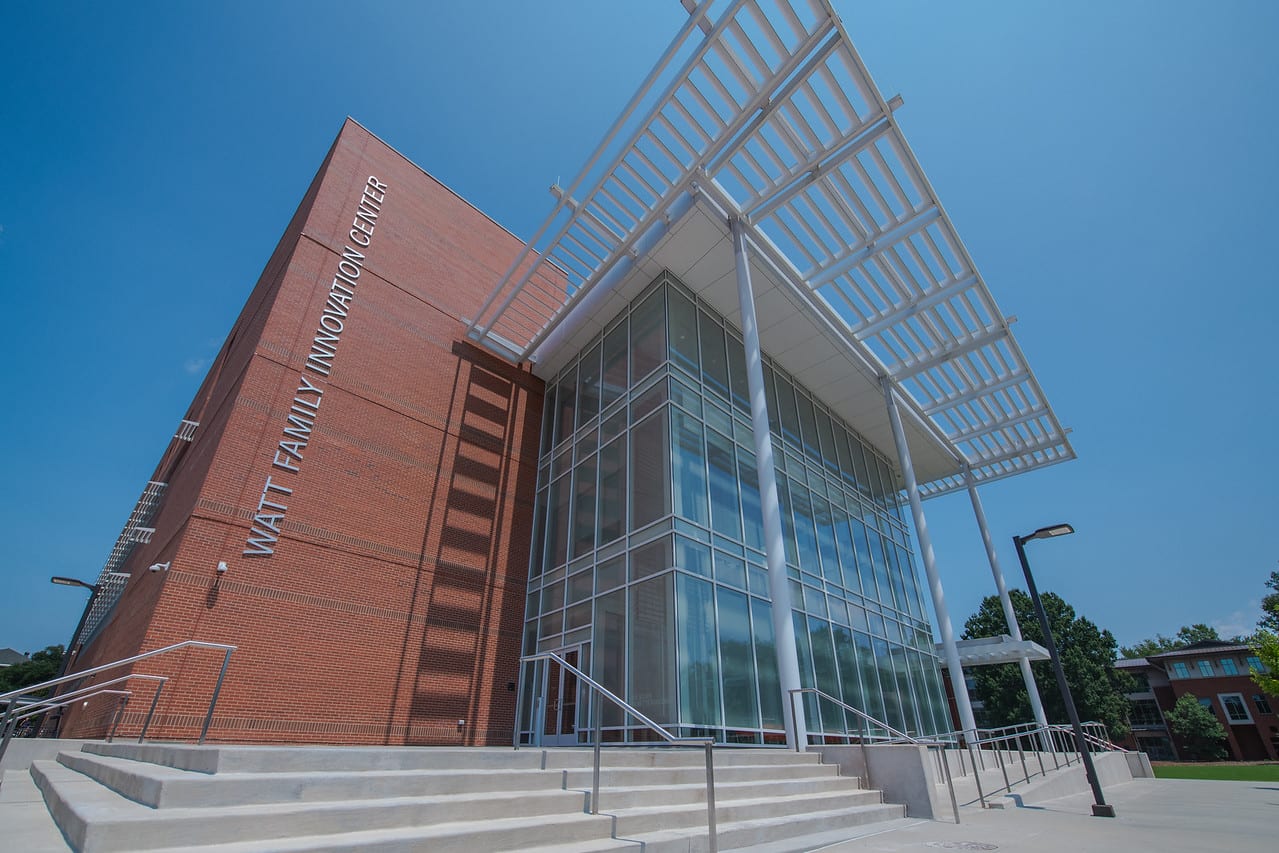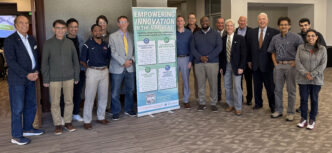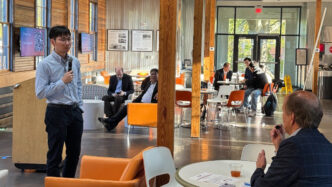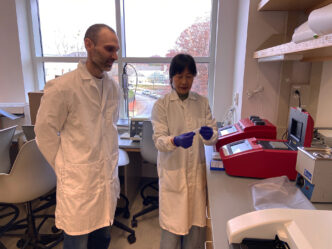Faculty and graduate students interested in commercializing research innovation are encouraged to join the National Science Foundation (NSF) I-Corps Fall Regional Cohort at Clemson.
Organized by the Clemson University Research Foundation (CURF) and the NSF I-Corps Southeast Hub, the NSF I-Corps Regional Cohort at Clemson is a seven-week course where research teams learn to expand the reach and impact of their innovations:
- Learn how to assess the commercial viability of innovations using the Lean LaunchPad methodology;
- Join a regional network advancing deep tech ventures and driving economic growth; and
- Gain insights into market needs to refine innovations through direct engagement.
Courses will be 8:30 a.m. to noon on Thursdays from Sept. 11 to Oct. 23. The deadline to apply is Sept. 5. Application details are available here.
“The Regional Cohorts are specifically designed to aid in the commercialization process for innovators, not only in our backyard, but also across the region,” said Chase Kasper, senior deputy director of CURF and marketing chair of the NSF I-Corps Southeast Hub. “We are excited to have participants from other institutions within the State of South Carolina, and we aim to expand the reach of the Southeast Hub to strengthen the state’s research enterprise, which will ultimately lead to positive economic impact.”
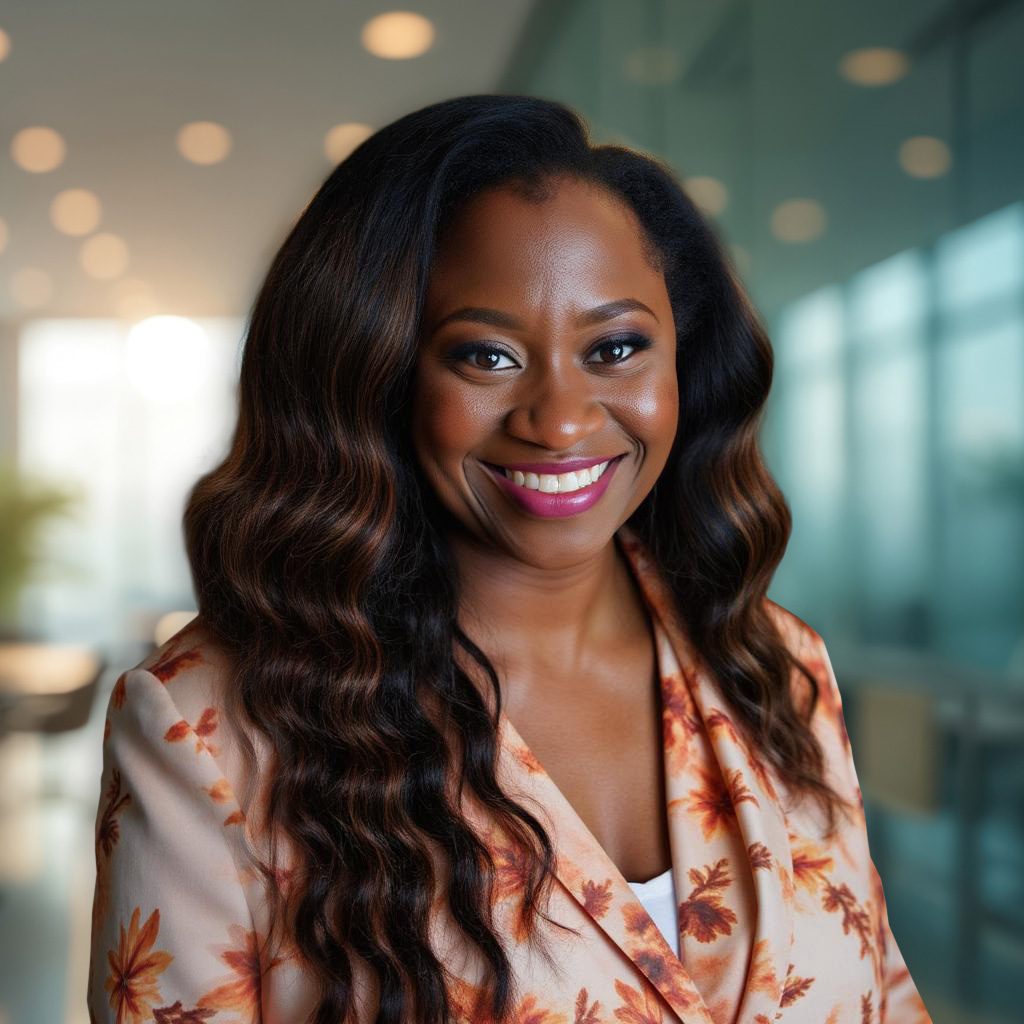
I-Corps instructors for the fall cohort are scientist and innovation strategist Talmesha Richards, Ph.D., and Yazmin Feliz, Ph.D., a biomedical engineer and entrepreneur.
A Meyerhoff Scholar with degrees in chemical engineering and mathematics and a Ph.D. in cellular and molecular medicine at the Johns Hopkins School of Medicine, Richards has experience managing multimillion-dollar programs, building public-private partnerships and scaling educational initiatives nationwide.
Feliz recently completed a postdoctoral fellowship at Columbia University Medical Center, where she developed low-cost ultrasound imaging technology that secured $460,000 in funding from the Schmidt Family Foundation and led to the launch of her startup. An NSF GRFP Fellow and GEM Fellow, Feliz has experience moving technologies from lab to market and supporting commercialization efforts at Columbia Tech Ventures and the Princeton University Office of Innovation.

Clemson University joined the NSF Southeast I-Corps Hub last year, working with eight institutions in four states to identify business development opportunities for new technologies, prepare inventors for commercial success and unlock the market potential of university research. NSF invested $15 million in the Southeast Hub.
“Clemson has put its best foot forward this fall semester with the introduction of two Regional Cohorts,” Kasper said. “Additionally, many informational I-Corps workshops for faculty and students have been occurring on campus for a few months now.”
The Southeast Hub is part of the larger NSF Innovation Corps (I-Corps) program, an immersive, entrepreneurial training program that facilitates the transformation of invention to impact. This program prepares scientists to extend their focus beyond the university laboratory, accelerating the economic and societal benefits of NSF-funded and other basic research projects that are ready to move toward commercialization.
Clemson’s involvement is led by CURF, a 501(c)(3) nonprofit that works to advance the research enterprise of Clemson University by supporting faculty and students engaged in research and introducing them to respective industry partners. Other institutions in the NSF I-Corps Southeast Hub are the Georgia Institute of Technology, University of Alabama, University of Florida, University of Miami, University of Central Florida, University of South Florida and Morehouse College.

